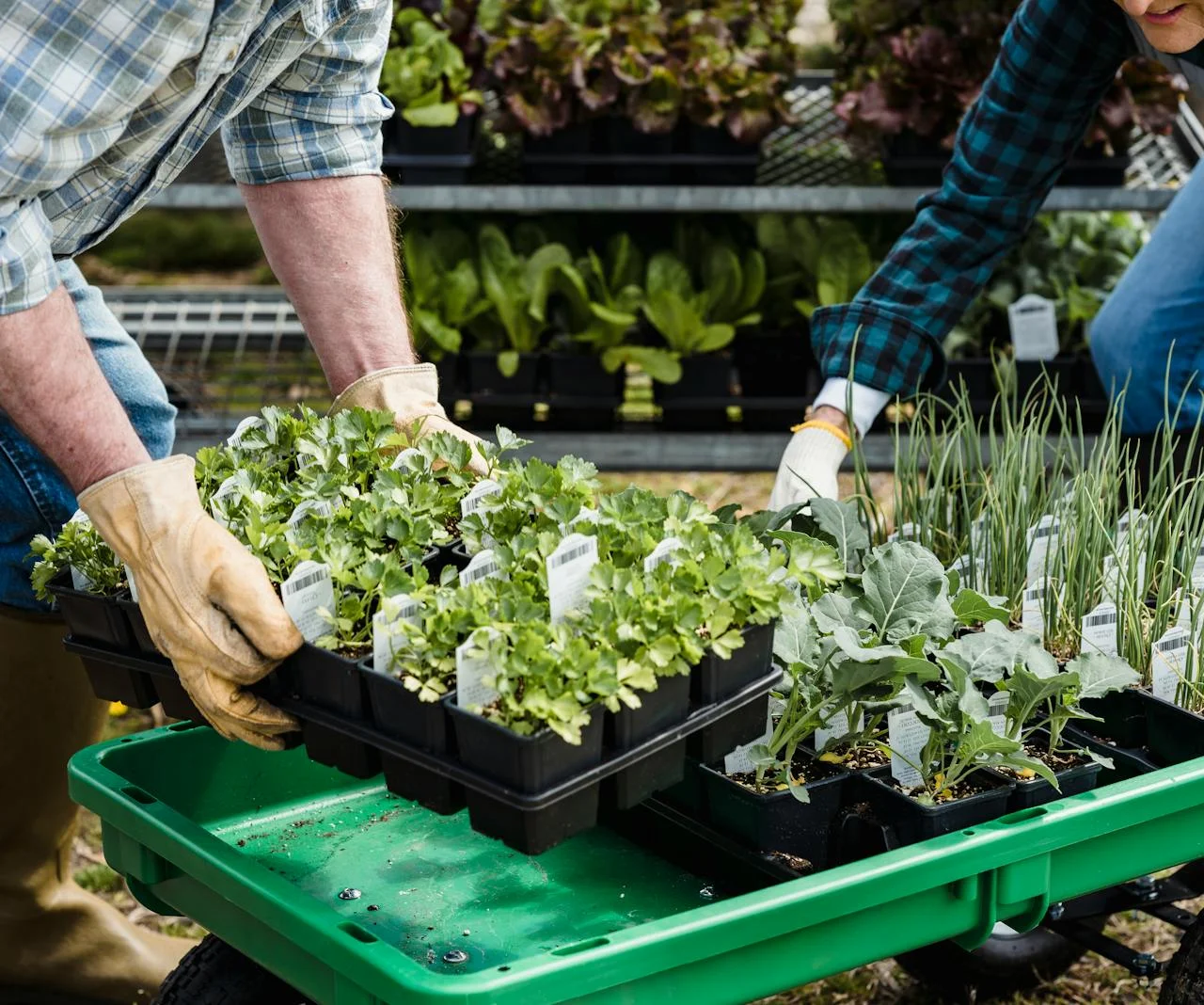
Brazil’s Ambassador to Russia, Rodrigo de Lima Baena Soares, visited PhosAgro’s Applied Research Centre at the Russian State Agrarian University – Moscow Timiryazev Agricultural Academy. During his visit, he explored PhosAgro’s initiatives in agricultural education.
Mikhail Sterkin, PhosAgro’s Deputy CEO for Sales and Marketing, led the Brazilian diplomatic delegation on a tour of the centre, showcasing its lecture halls, phytology lab, library, and practical training workshops.
Vladimir Trukhachev, the Rector of the Russian State Agrarian University – Moscow Timiryazev Agricultural Academy and a member of the Russian Academy of Sciences, informed the delegation about PhosAgro’s partnership with the academy. Established in 2019, PhosAgro became the first industry partner of Russia’s oldest agricultural university. A year later, the Applied Research Centre was inaugurated as the hub of PhosAgro’s growing network of educational centres. Today, PhosAgro operates educational centres in 21 agricultural universities across Russia.
“PhosAgro is Timiryazev Academy’s primary industry partner. Investing in our youth is crucial for the future. We are grateful that PhosAgro, a leader in the fertilizer industry, is focused on this. The network of educational centres that PhosAgro has established across the country began here, giving a powerful boost to agricultural science,” said Trukhachev.
Mikhail Sterkin emphasized that PhosAgro’s flagship educational centre at Timiryazev Academy provides essential resources for the “From Farm to Fork” programme. “As we invest in innovative agribusiness products, we recognize the need for highly trained professionals who can integrate these solutions into daily practice. In partnership with the Russian Ministry of Agriculture, we launched the ‘From Farm to Fork’ programme to train future agribusiness professionals and offer farmers nationwide free access to scientifically sound information. The programme now covers 47 agricultural universities, and we’ve also launched an online platform, Pro Agro Lectorium, which is continuously expanding.”
The Pro Agro Lectorium platform offers 420 video lectures covering agricultural science, agrochemistry, crop and livestock farming, innovation, digitalization in agriculture, economics, and responsible farming. Developed with input from 58 experts across 23 fields, the platform provides university students, graduates, teachers, and farmers with access to the latest knowledge and training.
The platform also offers free continuing education courses on topics such as soil health, plant nutrition, stress protection, and the digital transformation of agribusiness. These courses were developed by PhosAgro experts in collaboration with leading agricultural universities, led by the Russian State Agrarian University – Moscow Timiryazev Agricultural Academy.
“Last year, Pro Agro Lectorium became an international platform with the launch of English and Portuguese versions for our Brazilian partners. It has been recognized as an official educational platform by the Agribusiness Working Group of the BRICS Business Council. I am confident that, with the participation of our Brazilian partners, we will play a pivotal role in ensuring global food security and advancing sustainable agricultural practices,” added Sterkin.
Ambassador Baena Soares highlighted Brazil’s position as a leading global producer and exporter of food, attributing productivity gains to the increased use of mineral fertilizers, many of which are supplied by Russia.
“PhosAgro has been a long-standing partner of Brazil’s agricultural sector. Russia is our main supplier of fertilizers, meeting about 28% of our fertilizer needs. These fertilizers provide essential nutrients for our crops, significantly boosting productivity. Thanks to these productivity gains, Brazil has emerged as an agricultural leader,” stated the Ambassador.
Ambassador Baena Soares also stressed the importance of agricultural education and praised PhosAgro’s efforts in training future professionals for the agricultural industry.
“I am very impressed by PhosAgro’s work in sharing expertise and training students and farmers in agricultural practices. I was particularly pleased to learn that scholars from two leading Brazilian universities – the University of São Paulo and the Federal University of Lavras – contributed to the development of the Pro Agro Lectorium project. PhosAgro is actively involved in nurturing future talent, both offline, such as here at Timiryazev Academy, and online. Digital education offers people worldwide the opportunity to learn about the latest responsible farming practices. I congratulate PhosAgro on the success of its educational programme,” said the Ambassador.





